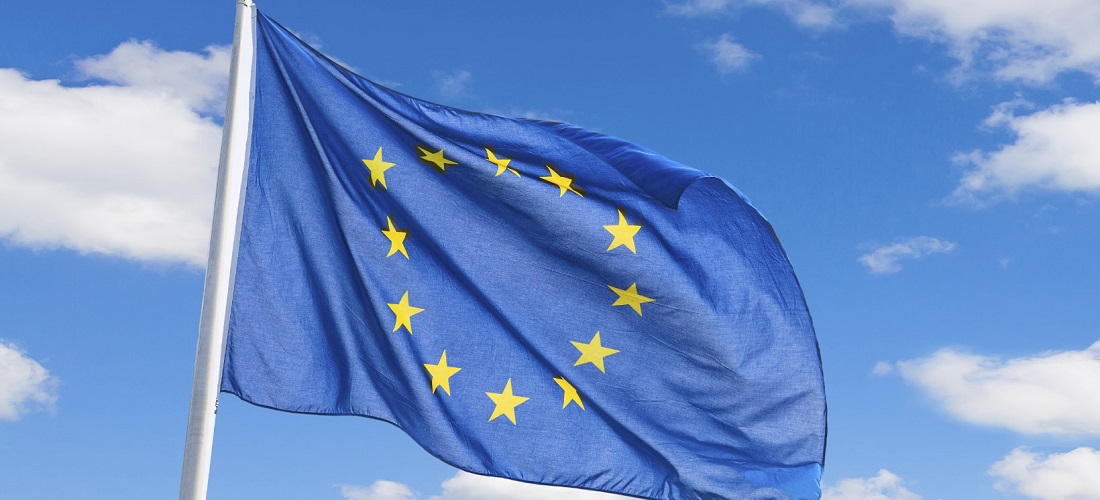
Exporters urge EU to delay enforcement of deforestation regulation
Jul, 30, 2024 Posted by Gabriel MalheirosWeek 202431
Global commodity producers and exporters required to comply with the European Union Deforestation Regulation (EUDR) are increasing pressure on the European Commission to postpone the enforcement of the law, set to take effect on December 30 this year. Last week, Brazilian coffee exporters requested a delay in penalties for up to three years, following months of concerns expressed by timber exporters regarding the EU’s delays in defining operational details.
Producers of other commodities are also worried about the implementation specifics of the regulation. Among their concerns is that the map used to identify forests may not differentiate between native vegetation and productive trees. Another question is whether cattle raised before December 30, whose meat will enter the EU afterward, will also need to prove compliance with the law.
The EUDR will require producers of soy, beef, coffee, palm oil, rubber, and timber products to prove they have not deforested since 2021.
The latest move came from the Brazilian Coffee Exporters Council (Cecafé), which represents 96% of Brazilian exporters. In a letter, Cecafé requested a postponement of one to three years to allow for adjustments to the law. Brazil is the largest coffee exporter and the main supplier to the EU. Cecafé also signed a letter with the European Coffee Federation (ECF) seeking clarifications on the law’s application.
A central concern for global producers of coffee, forest products, cocoa, and palm oil is related to a map developed by the Joint Research Center (JRC) using artificial intelligence. This map can identify where and when there was forest cover worldwide through satellites.
The issue is that commodities like coffee, cocoa, palm, and timber are produced on trees that are periodically cut down to renew the areas. If the EU relies solely on this map for verification, it may incorrectly identify deforestation as part of the normal production cycle of these commodities, producers argue.
The following chart shows the most exported products shipped from Brazil to the EU in the first five months of 2024. The data featured below comes from DataLiner.
Top Exports to the EU | Jan-May 2024 | WTMT
Source: DataLiner (click here to request a demo)
According to Cecafé, if the JRC map is the only tool used, “many productive areas that comply with the regulation may be incorrectly identified as having been established at the expense of deforestation after 2020,” leading to “serious consequences, including delays in product delivery and additional work to clarify the maps.”
For timber products—such as pulp, Brazil’s main commodity exported to the EU—the use of the map could block all shipments. “Without a filter, when we harvest a plot of trees, the deforestation alert will go off,” said Ambassador José Carlos da Fonseca Junior, director of international relations at the Brazilian Tree Industry (Ibá).
There could also be issues for activities following the planting of productive trees after 2020. “The map will assume that the crop replaced a native forest,” he said.
In April, Ibá, together with the International Council of Forest and Paper Associations (ICFPA), which brings together national associations of the sector worldwide, sent a letter to the European Commission listing this and other concerns regarding the technical feasibility of the law coming into force by the end of the year.
In the meat sector, there is uncertainty about whether slaughterhouses will need to demonstrate the traceability of meat landing in the EU after December 30, but from cattle raised and slaughtered before the law’s enforcement. “The cattle whose meat enters the EU in 2025 were born two years ago,” noted Fernando Sampaio, sustainability director of the Brazilian Association of Meat Exporting Industries (ABIEC). Meat and soy exporters do not currently plan to request a postponement of the EUDR enforcement.
The coffee sector also has concerns about the transition period. In a letter to the European Commission, the ECF warned that green coffee shipments have already left producing countries but will be processed and enter the EU only after December 30. “These raw materials do not have the EUDR due diligence system. Therefore, the final products destined for the EU also do not have the EUDR due diligence system,” the letter said.
All sectors also express concern about the fact that the EU platform for receiving traceability data from global shipments is not yet ready and the uncertainty regarding the protection of producers’ data privacy in commercial operations.
-
Other Cargo
May, 05, 2023
0
War brings disarray to Brazilian wheat mills
-
Grains
Mar, 13, 2024
0
Paranagua Port ranks first among Brazil’s soybean export ports
-
Mar, 21, 2025
0
DataSmart Shipping Conference – ‘Applying Technology to Extract Value’ on March 25
-
Other Cargo
Apr, 12, 2022
0
Brazil imports more than US$ 393 million in fertilizers in April



